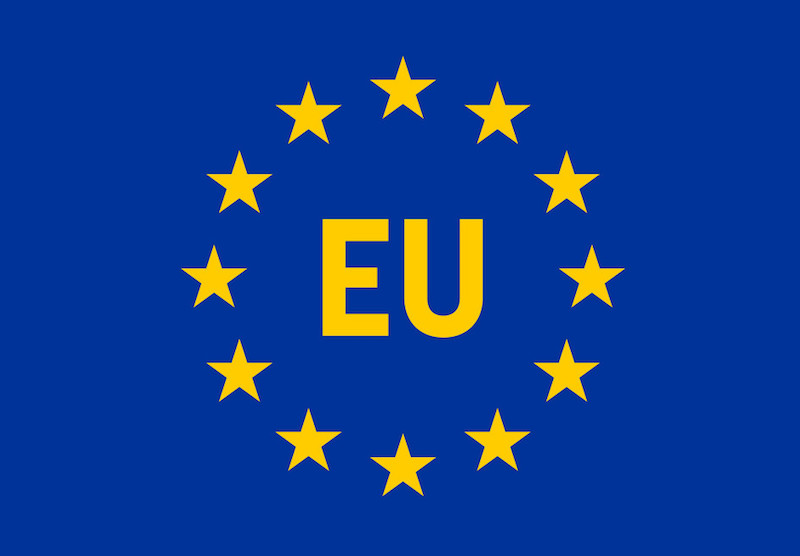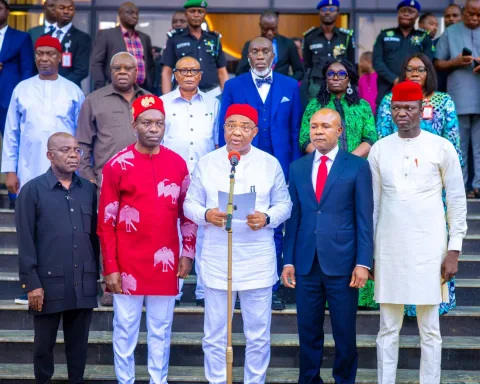The European Union (EU) has revealed that it intends to invest €37 million in Nigeria’s electricity industry. it said the investment will focus on small hydropower, solar energy for healthcare institutions, and rural electrification with the use of isolated interconnected mini-grids.
EU ambassador to Nigeria, Samuela Isopi, made this known during a visit to the Minister of Power, Adebayo Adelabu, in Abuja.
Join our WhatsApp ChannelTogether with the newly appointed EU Head of Cooperation, Mr. DE Luca Massimo, Program Manager for Energy, Mr. Godfrey Ogbemudia, highlighted the EU’s numerous initiatives to intervene in the electricity industry.
READ ALSO: Nigeria’s Power Sector Journey: 2023 In Perspective
The Minister responded by requesting additional assistance in tackling the significant obstacles facing the industry. The Minister was accompanied by his Chief Technical Advisor, Mr. Adedayo Olowoniyi, when he received the ambassador.
READ ALSO: ‘Nigeria Needs $2.5bn Investment To Tackle Power Sector Crisis’
The primary challenge facing the industry, according to him, is liquidity. He pointed out that a cost-reflective tariff is necessary for the market to remain viable and function effectively.
The Minister’s plan for the sector is in line with the EU’s programs, he added, and he pledged to collaborate with the union on their programs, particularly those pertaining to state electrification and small hydropower under the new act.
Victor Ezeja is a passionate journalist with six years of experience writing on economy, politics and energy. He holds a Masters degree in Mass Communication.


















Follow Us